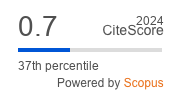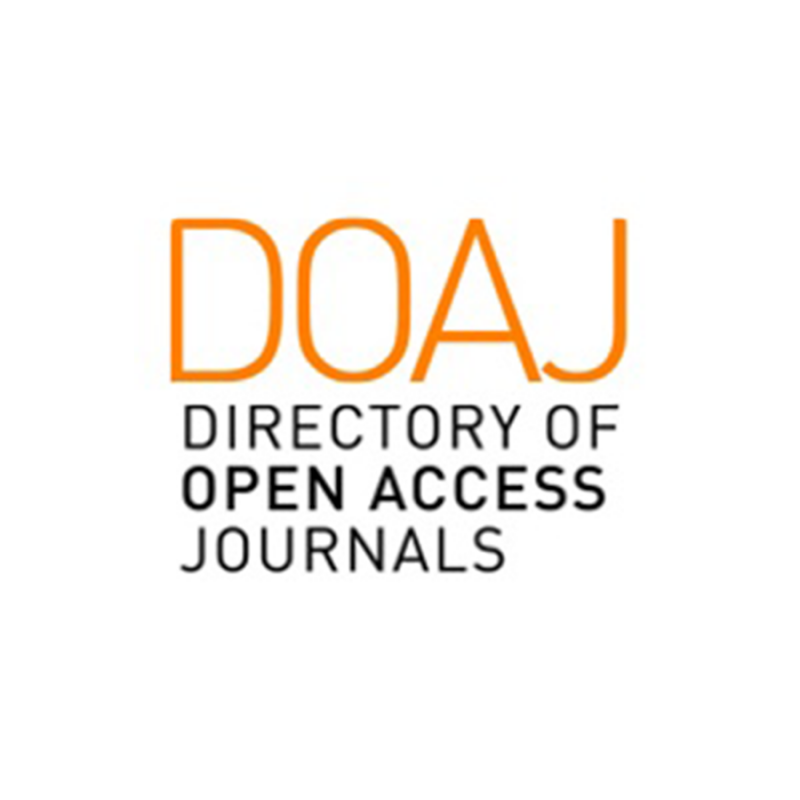Practice and Opinion of Doctors in Primary Health Care Centers Toward Referral System: Samples from Nine Governorates in Iraq
DOI:
https://doi.org/10.47723/kcmj.v17i2.296Keywords:
referral-system, feedback, PHCs' doctors, emergency-refer, IraqAbstract
Background: Most primary Health Care Centers (PHCCs) in Iraq have a referral system records; however, this mechanism does not function well because of the lack of other requirements for an efficient referral system.
Objective: To assess the practice & opinion of doctors in PHCs toward the referral system, and to determine the doctors in PHC's commitment to referral system instructions and guidelines.
Subjects and methods: A cross-sectional study with analytic elements was conducted in nine health directorates in Iraq, from the 1st October 2018 – 30th June 2019.One PHC was selected randomly form each sector in every governorate, A questionnaire was used to collect the required information. SPSS version 24 analysis was used for the statistical analysis.
Results: sixty-three doctors were working in PHCs had participated in the current study, the mean age (40.03 ±10.24), 58.7%were female, 46% were general practitioner, 30.2% of the participated doctors had 300 and less patient/month; 31.7% of doctors had ≤10 Patients referred/month, emergencies was the main cause for referral (46.03%), and 37(58.37%) of doctors announced that the referred-form not retrained to the PHC, and ever retrained-forms had no feedback 29(46%), 28(44%)of the participated doctors agreed that the current referral-system was effective and seven of them strongly agreed, 59(93.7%) believe in the importance of hospital-feedback, with a significant relationship between their attitude about the effective-current-referral system & Refer cases Percentage, while no significant-relation with their Patients examined/month. Loaded crowded and hospital doctors shortage as possible causes and suggest to referral-system activation especially the hospital -part".
Conclusions: there was inadequate knowledge of referral-policies and lack of coordination or/and clear feedback-expectations and PHCs-hospitals collaboration and lack of referral-system integrated within an electronic-health-record.














